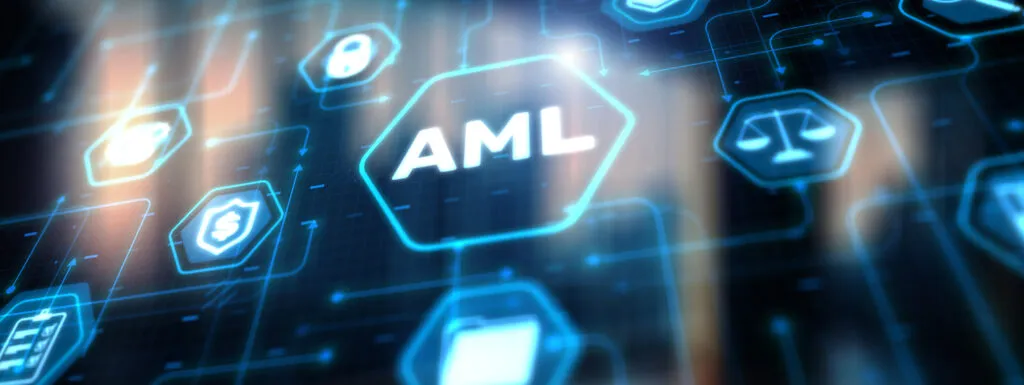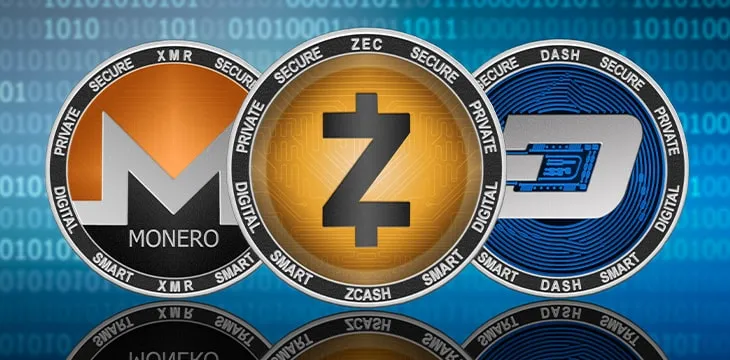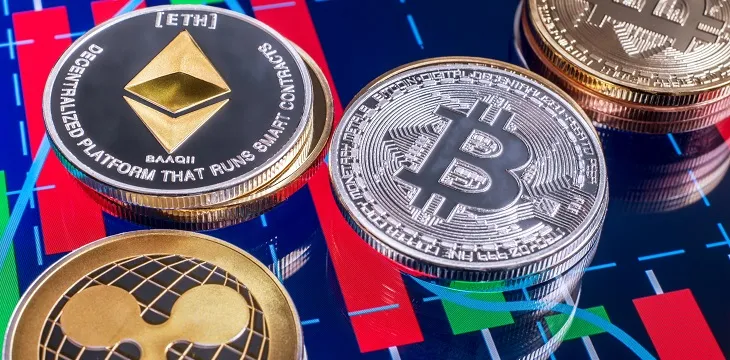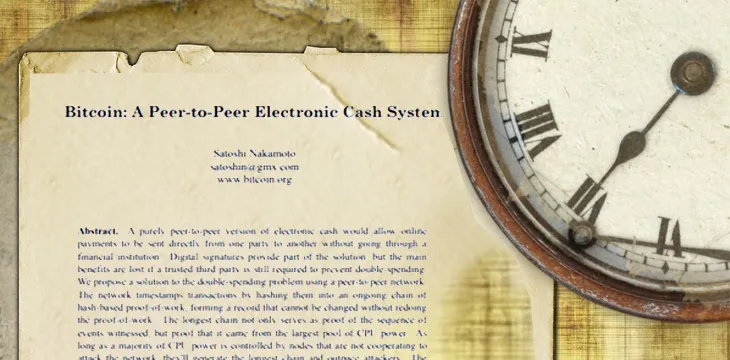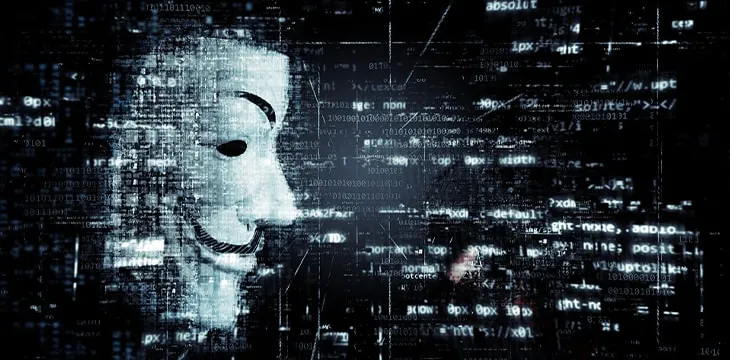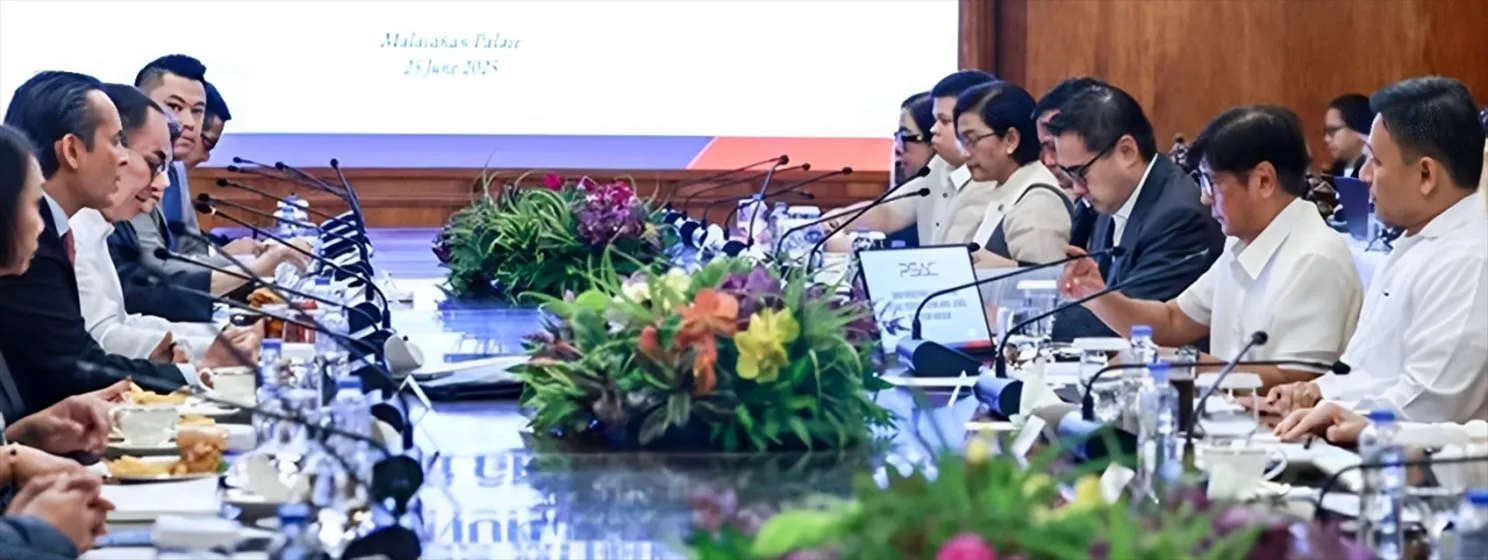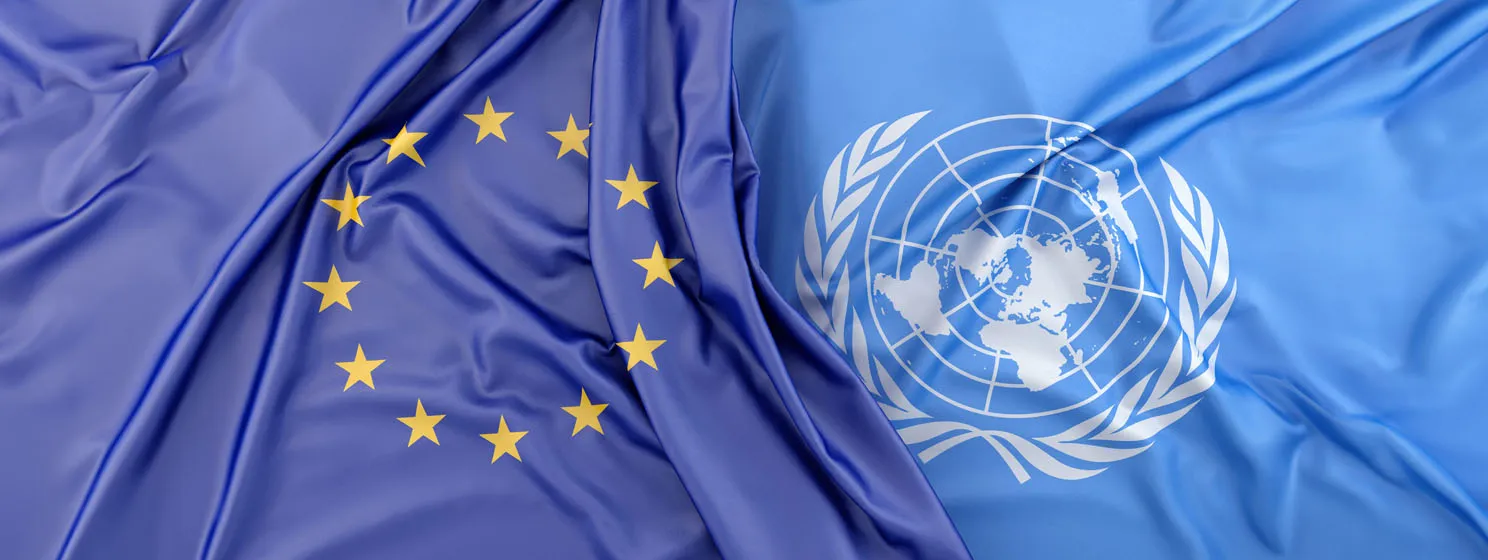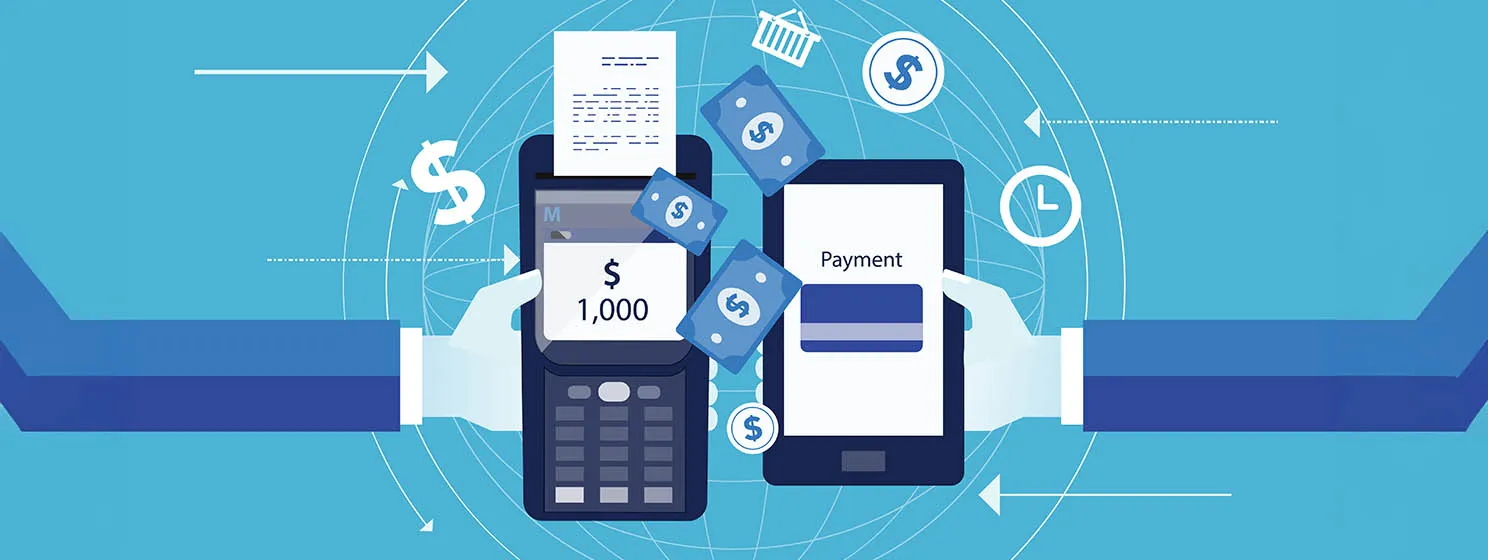
Privacy Coins
EU law banning anonymous digital asset wallets by 2027, ‘final’
EUCI has published an AML Handbook to help firms comply with the EU's new AML rules, which will ban privacy...
‘Crypto’ anti-money laundering efforts need to incorporate tradfi tools
Chainalysis details the extent to which money launderers use blockchain “to launder funds from a broader range of illicit activities...
Bittrex to delist privacy coins Monero, Zcash and Dash
Bittrex announced recently that it was delisting the three, giving users until January 15 to conduct any transactions.
We told you so! Here are some digital asset regulation highlights
Regulation: it was always going to come to Bitcoin and the digital asset industry, and we've known it for a...
Theory of Bitcoin – the White Paper: Combining and splitting value, and privacy
In the latest episode of "Theory of Bitcoin: The White Paper" Dr. Craig Wright and Ryan X. Charles look at...
Why criminals are using privacy wallets in place of mixers
Elliptic has released a new report in which it discusses why criminals are opting to use privacy wallets over mixers...
Recent
Trending
Most Views

 07-03-2025
07-03-2025 
